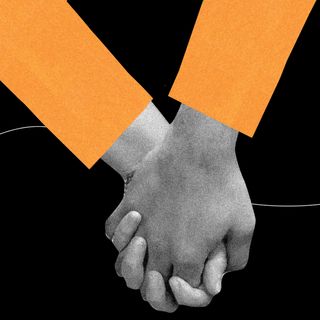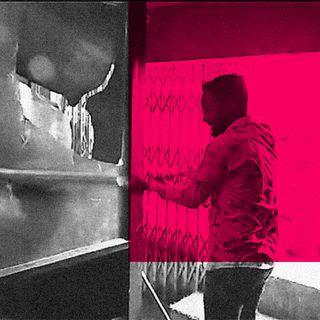Women and economically-deprived citizens bear a disproportionate burden of road crashes in India, resulting in greater mental and financial distress for them, a new survey has found.
Titled Traffic Crash Injuries and Disabilities: The Burden on Indian Society, the survey focused on road accidents and their aftermath in Uttar Pradesh, Bihar, Tamil Nadu, and Maharashtra. According to The Indian Express, these states account for 35% of fatalities due to road accidents in India.
High-income families reported a 54% decline in household income following accidents in the family. But at 75%, the decline was steeper for low-income families. Subsequently, the impact was also greater for the latter category with 24% of the respondents reporting having to sell or mortgage their assets to meet daily expenses, or pay debts. Only 7% of respondents from high-income families admitted to having similar experiences.
One major reason crashes impact low-income families is due to the loss of earning members in road accidents, the report finds. They’re also more vulnerable to crashes, it adds. Pedestrians, bicyclists, and motorcyclists — representing the “poor income strata” — also “have the least safety protection,” besides accounting for half of the total road-crash fatalities in India. Moreover, lack of awareness about insurance coverage and compensation mechanisms was also cited as a reason for poorer families suffering a greater economic setback.
And women were found to bear a greater burden of accidents in their families, compared to men. “…women bear the brunt of caregiving activities post-crash, leading to a double burden of labor and mental load and exacerbated inequality of opportunities in returning to livelihoods and income-generating tasks,” the report found.
Moreover, the burden borne by women transcended economic boundaries. While 40% of women reported a change in their working patterns after a family member suffered a road crash, about 11% reported taking up extra work to deal with the ensuing financial crisis.
Related on The Swaddle:
Our Foremothers Suffered Silently, Passing Down Trauma Through Generations. Here’s How We Break The Cycle.
Following accidents, families often cut down on food consumption levels,
everyday-use items, and even essentials to make ends meet — resulting not only in severe deterioration in living standards, but also in health complications.
The financial distress also impacts the mental health of the victims’ family members, but the effect was found to be inversely proportional to their economic status. While as many as 50% of respondents from low-income families admitted to experiencing depression following such accidents, only a fourth of those surveyed from high-income families reported similar experiences.
India witnesses around 4.5 lakh road accidents every year, resulting in 1.5 lakh fatalities. “For India, it’s 1% of the world’s vehicles and 10% of the crash victims. This is something where, in particular in India, we have to pay attention,” Hartwig Schafer, World Bank’s Vice President for South Asia, told PTI.
The report recommended a host of strategies to ease the suffering of vulnerable groups by making post-crash emergency medical care more accessible and inclusive. It also advocates for creating an accessible legal framework for availing insurance and compensation for victims, recognizing the gendered impact of road crashes, and addressing it through special schemes for women by providing them with emergency cash transfers or low-interest loans. In addition, the report also suggests automatically enrolling women in employment databases of state governments, in cases where the sole breadwinner of the family lost their life in a road crash.
Released by India’s Road Transport and Highways Minister Nitin Gadkari this weekend, the report was prepared by the World Bank, in partnership with Save Life Foundation, an NGO focused on improving road safety and emergency medical care in India. Its aim was to understand and quantify the link between road crash fatalities and different forms and degrees of inequality existing in Indian society.




